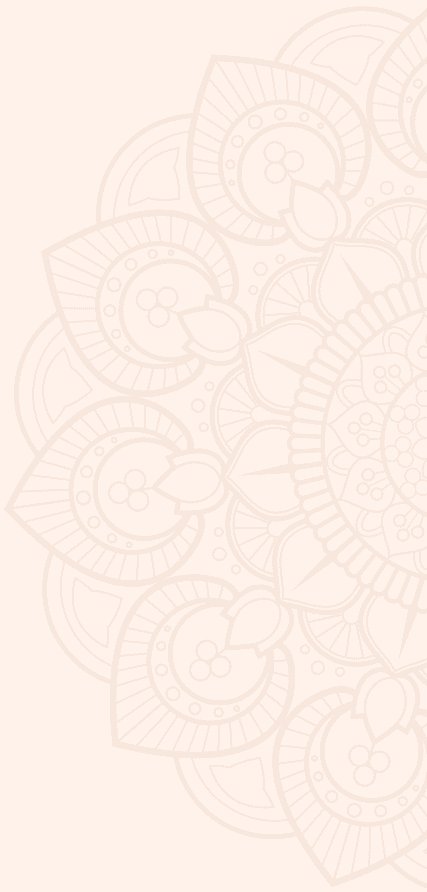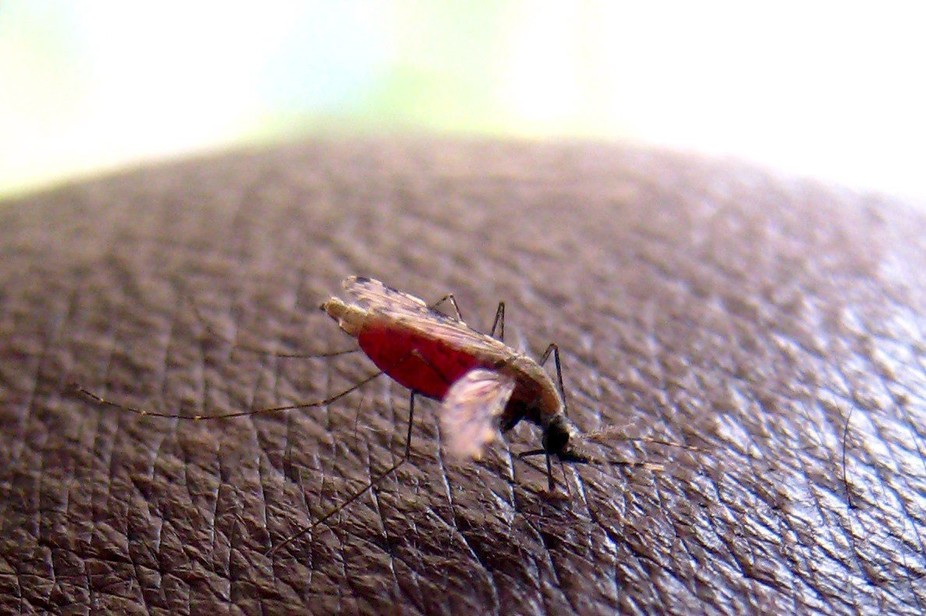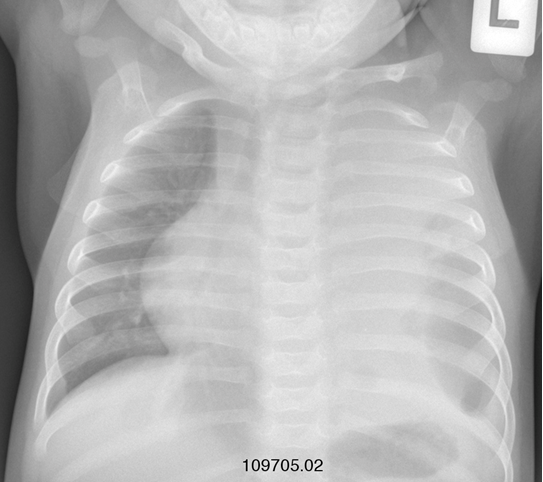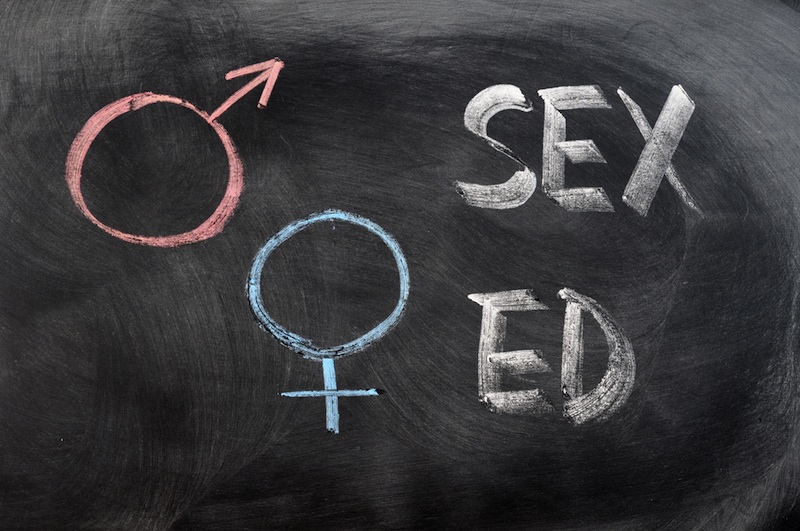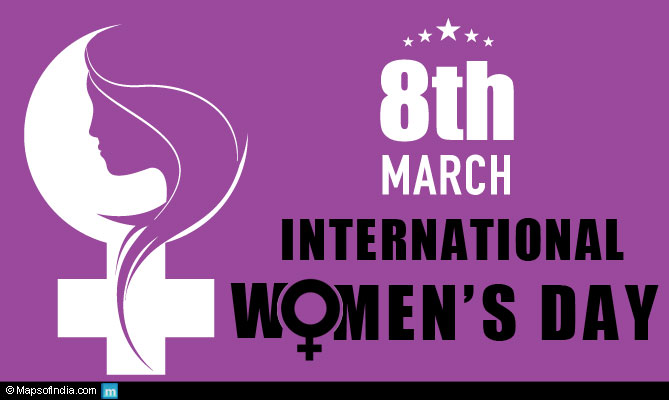
International women’s day
Today – 8th March is International Women’s Day. This day was commemorated for the first time 105 years ago to focus people to think about gender inequality.
Things have improved a lot since 100 years ago – but we do have a long way to go. In Kenya although more girls are now going to school and their grades are getting better – they have not caught up with the boys yet. In poorer areas, the gap is even worse.
When I was doing my fieldwork in Kilifi (1999 – 2007), I remember visiting a primary school where the number of boys and girls were equal all the way to class 4 and then the number of girls dropped drastically. In the final year of primary school, there was a girl to about 4 boys in the class. This is not unique in the region. Across Kenya, the poorer a region, the less likely it was that girls would go to school.
In my ten years at the KEMRI Wellcome Trust Research Program in Kilifi, researchers almost always included mother’s education when looking at risk factors of importance in disease causation. Whether it is malaria, pneumonia, diarrhoea, name it, for most infectious disease, the level of education of the mother played an important role in determining whether a child got ill or not. It also affected the type of health care the mother sought and ultimately determined the survival of a child who got ill.
However, mother’s education was always closely tied to economic status – the poorer a mother, the less money she had access to. A vicious cycle – lack of education creating poverty and poverty leading to less women getting an education.
Social issues affect the woman’s ability to take good care of her children: ensuring that they stay healthy and attend school.
Women across the African continent work hard. They are the ones who till the land, weed, harvest but often, it is the men who receive the money. The wise ones ensure that their children go to school but there are those that are not very wise…..
I know for certain that the money spend on ‘twilight girls and merrymaking’ in this article was earned of the back of women toiling in the farms – yet they do not get to spend it on their children, which is the reason these women work so hard in the first place.
Gender inequality….
I watched women in Kilifi spend their days weaving makuti roofing which they sold in town. It is not the sight of their children having a drink of milk that we encountered as we walked in the villages doing our fieldwork, but men sitting under the cool shade, drinking coconut wine as early as 10am. The women were still toiling, doing everything for the man of the house.
I could not tell those men what I thought of them, they were study participants, I did not want to risk them withdrawing their families from our study. However, I must have been unbearable to my male colleagues – I would rant about the unfairness of the situation for hours!
Yes, things are better for women, a lot better – but a lot needs to be done to improve our lot on this rich and lovely continent. This is a wide topic – I state the obvious here and do not do justice to this topic – but it’s not a simple topic.
However, as far as children’s health is concerned, there is enough evidence to suggest that educated women bring up healthier children.
